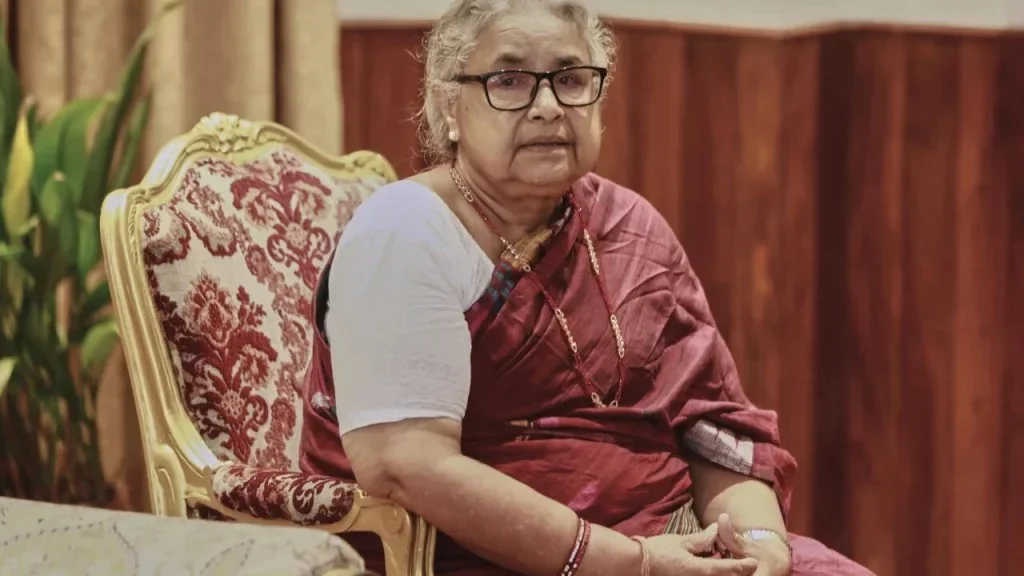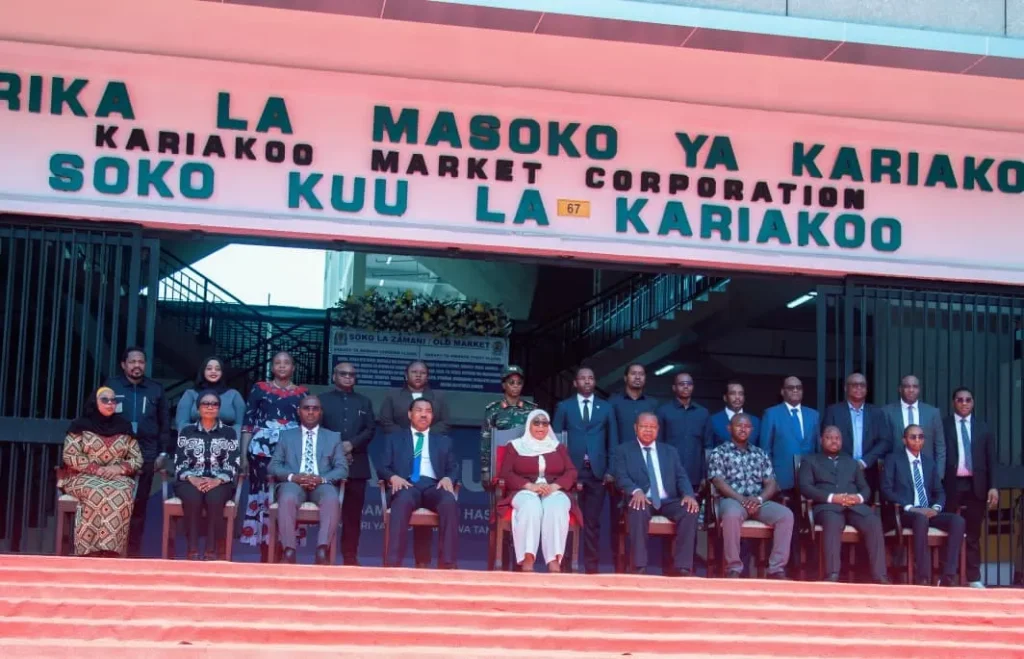Nepal’s interim Prime Minister, Sushila Karki, announced her first cabinet on Monday, a critical step to restore order after violent protests swept the country. The youth-led demonstrations, which toppled the previous government, demanded sweeping anti-corruption measures.
President Ram Chandra Paudel oversaw the swearing-in ceremony outdoors, near the fire-damaged presidential office. The event was aired live nationwide to ensure transparency and reassure the public.
Protests Rooted in Economic and Social Anger
The unrest erupted on September 8, sparked by a controversial social media ban. Years of economic hardship intensified public anger, turning protests into large-scale riots.
Crowds stormed parliament and government buildings, setting several structures ablaze. According to official reports, 72 people died in two days of clashes, with nearly 200 still hospitalized. Analysts describe it as Nepal’s worst political crisis since the monarchy’s abolition in 2008.
Sushila Karki’s Mission to Restore Stability
At 73, Karki — a former chief justice — leads Nepal’s interim government with a clear mandate: rebuild trust, fight corruption, and prepare the country for elections scheduled in March.
Her administration faces mounting pressure from young citizens, who are demanding faster reforms and improved economic opportunities.
Key Ministers Appointed for Reform
Karki selected figures known for integrity and technical expertise:
- Om Prakash Aryal – Appointed Home Minister and minister of law, justice, and parliamentary affairs. Aryal is a respected human rights advocate and a strong voice against corruption.
- Kulman Ghising – Took charge of energy, infrastructure, transport, and urban development. As former head of the Nepal Electricity Authority, he ended chronic blackouts, earning public praise.
- Rameshwor Khanal – Named Finance Minister. The experienced economist and former secretary must address unemployment and fiscal instability, which fueled the protests.
Economic Challenges Loom Large
Nepal faces deep economic pain, with youth unemployment near 20% according to the World Bank. GDP per capita remains at just $1,447, underscoring the scale of the challenge.
Karki’s government must deliver rapid, credible reforms to prevent further unrest. Many see this interim cabinet as Nepal’s last chance to steer the nation toward sustainable growth and political stability.
African Countries Offering Direct Flights to the United States






